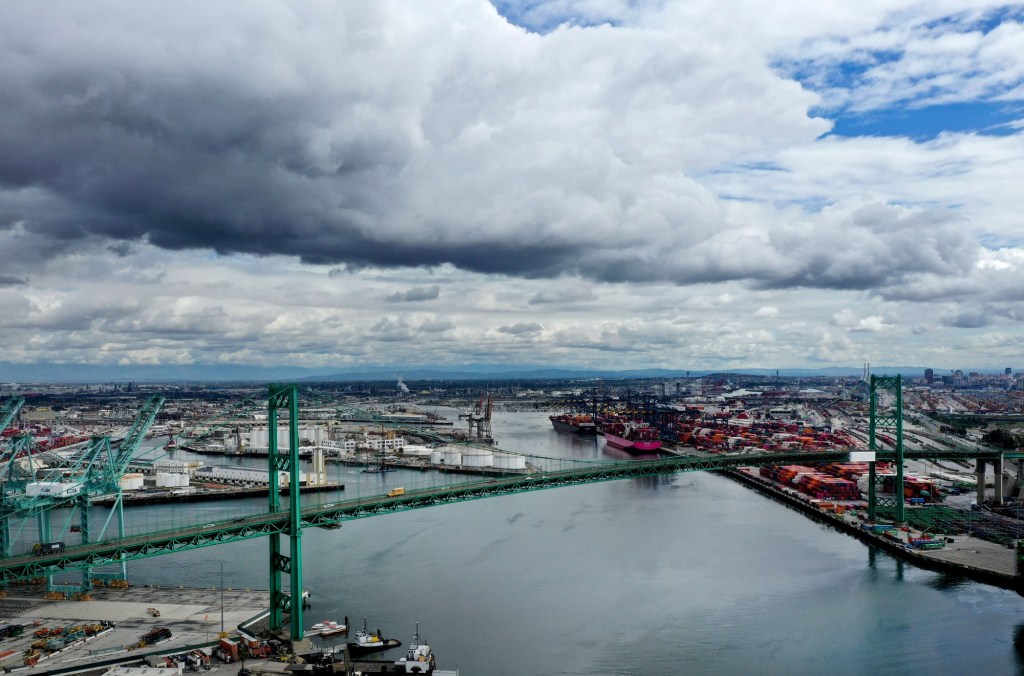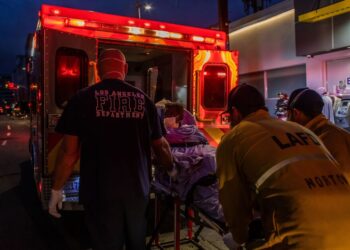In California, the transportation of goods is a major economic driver, with the vast majority of vehicles relying on petroleum-based gasoline and diesel.
Keeping in mind that vehicles represent the largest source of greenhouse gas emissions in the state, and that the California Air Resources Board has approved a rule to fully transition heavy-duty trucks and buses to clean energy by 2045, panelists at a sustainability summit on Friday, Sept. 22, discussed what it would take to move toward a carbon-free transportation sector.
“Transportation is the engine not only of the global economy but also of the L.A. regional economy, and so it’s really important that we are addressing it in this kind of systematic way,” said Mary Nichols of the Emmett Institute on Climate Change and the Environment at the UCLA School of Law.
Nichols led a panel that was part of the Los Angeles Business Council’s Sustainability Summit at USC.
California Air Resources Board member Hector De La Torre, a panelist, said the push for a zero-emission transportation sector is critical because people living along freeways and other high-trafficked corridors are impacted daily by air pollution.
Diesel accounts for more than 70% of the cancer-related effects of air pollution in Southern California, De La Torre said.
“If we are not doing something about that, we are damning a whole lot of people to cancer and potentially death,” he said.
Carlo Bertani, with the giant shipping and logistics company Maersk, spoke of his company’s investment in battery electric trucks.
The challenge, he said, isn’t so much in acquiring the vehicles, but in having enough charging stations around to charge them. He suggested identifying where the heavy freight corridors are and working with utility companies to locate charging stations.
Bertani said regulatory agencies, nonprofits and private companies like his all need to work together if they wish to see the transition to greener technology…
Read the full article here







